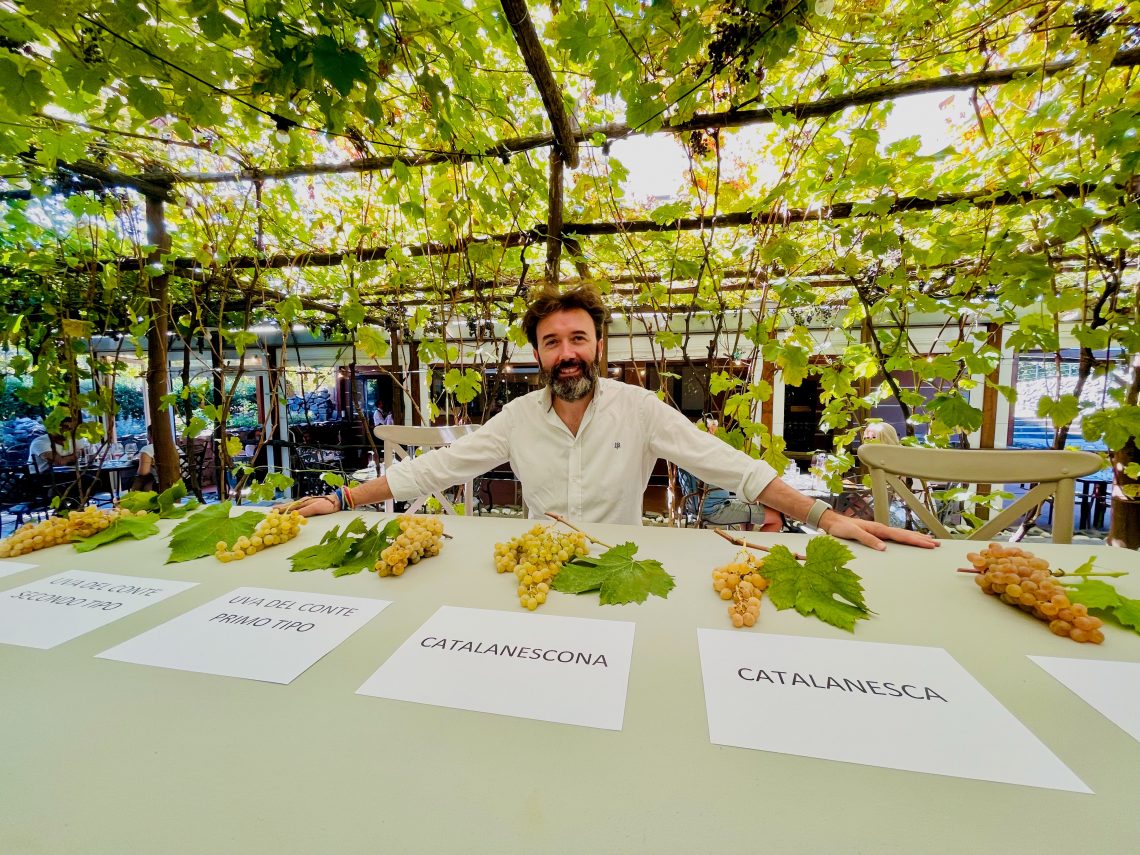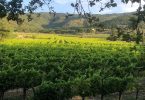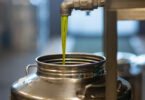The Wolf Post, supported by a Cultural Association, offers a professional service with free access, without subscription.
For this reason, a donation would also be a sign of appreciation for our work.
Credits: Vincenzo Mercurio Oenologist
“The Wolf Post”, has already highlighted, in previous interviews, how climate change was a reality to deal with today and no longer tomorrow.
Summer 2022 will be remembered in Europe, especially in the southern side of the continent, as the hottest and driest. The difference compared to other seasons, such as last summer, lies in the duration of the high temperatures.
Drought is putting a strain on agriculture and the wine sector is not excluded. In Italy, the North has to deal with a new reality such as water rationing. The coming summers could be even hotter.
The challenges for the winemaker are many. We ask the crucial figure of the sector to think about the current issue and problems.
The thoughts of the oenologist Vincenzo Mercurio.

© Vincenzo Mercurio Enologo
Summer 2022: what difficulties, due to drought and the persistence of heat, are you currently experiencing in your work?
Looking at the analytical data of wines over the last ten years, one cannot fail to notice a gradual increase in alcohol content; a lowering of total acidity; an increase in color intensities and quercin content in red wines; increase in pH, less accumulation of some varietal aromas; increased presence of brettanomyces. Finally, there is a reduced availability of readily assimilable nitrogen in musts and, consequently, more difficult fermentations.
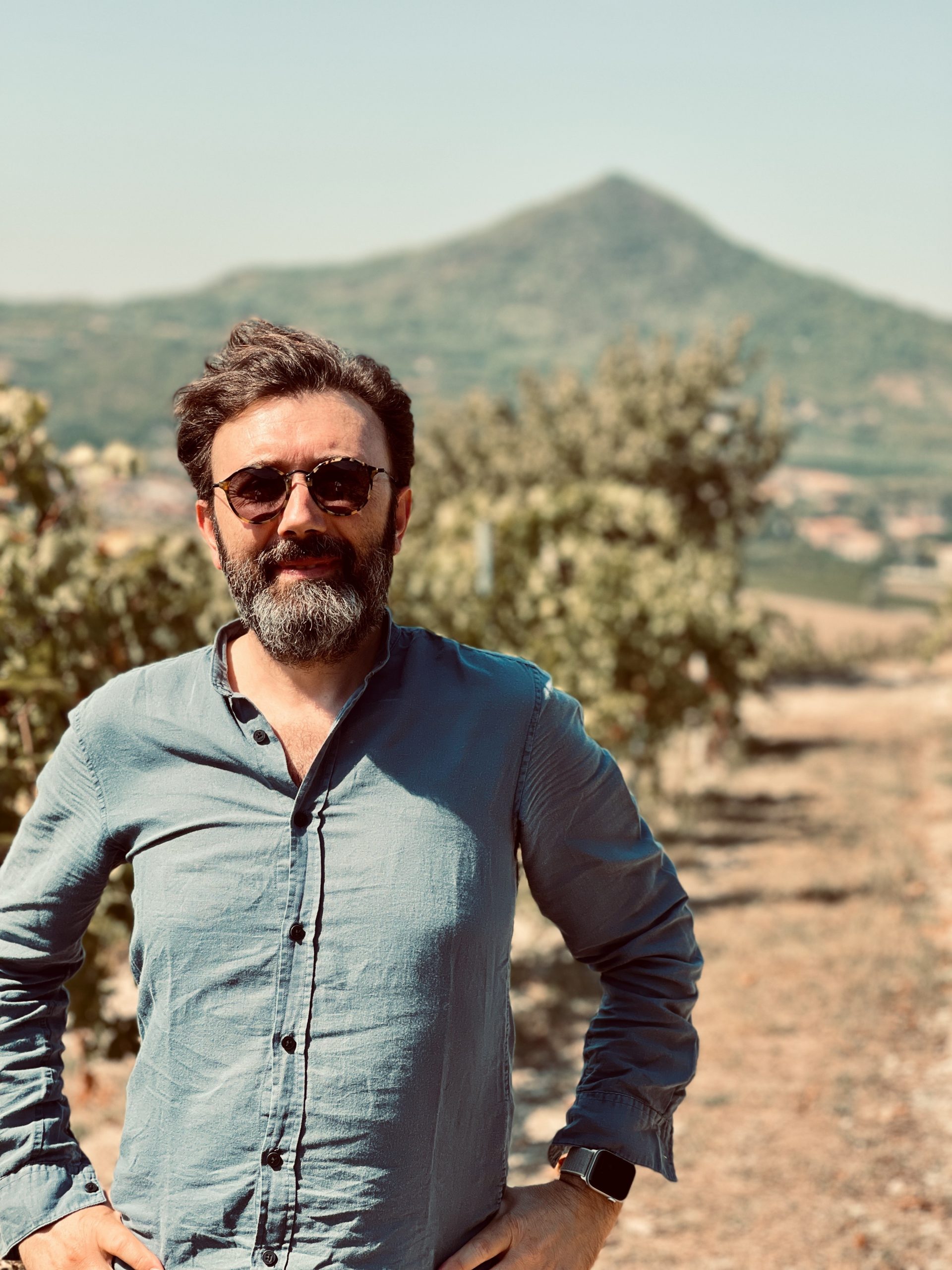
© Vincenzo Mercurio Enologo
How are you dealing with any emergencies, also in view of the harvest?
In some vineyards, we have avoided leaf stripping and, in some cases, even topping, in order to protect the bunches from direct sun as much as possible, we promptly worked the soil in order to close the cracks avoiding losing precious moisture stored in the subsoil.
Differences in criticality between vineyards in the north and south (the latter used to extreme temperatures and drought)?
I notice more and more the resilience of the vine, the incredible ability it has to adapt and, therefore, to overcome the challenges to which climate change is subjecting us.
Over the centuries, after a long wandering, each native vine has found its ideal place, and by remaining there it has continued to adapt to microchanges, with genetic mutations its “suitability” to the place has become an element of strength and uniqueness.
International varieties are an exception, including chardonnay which has been planted everywhere, with less and less interesting results for warmer areas.
As a matter of fact, the vineyard system tends to adapt to the climate, it has a remarkable resilience.
Especially the oenological phases of a vine in a given position and in particular the ripening period, I believe have been the most important elements of preference and choice throughout history.
The regulation of evapotranspiration is a fundamental technique for the survival of plants. When temperatures rise significantly, the stomata close and the plant slows down evapotranspiration, thus reducing water consumption. Obviously, in these conditions, ripening slows down and almost stops and if the minimum temperatures are high, the plant recovers energy from the degradation of organic compounds including malic acid.
I find quite common problems around vineyards regardless of latitude. The problem is global in the world, in particular in the so-called New world the situation is more complex. There the phenomena are more pronounced. I believe that Italy is much more resilient due to its geographical position and germplasm.
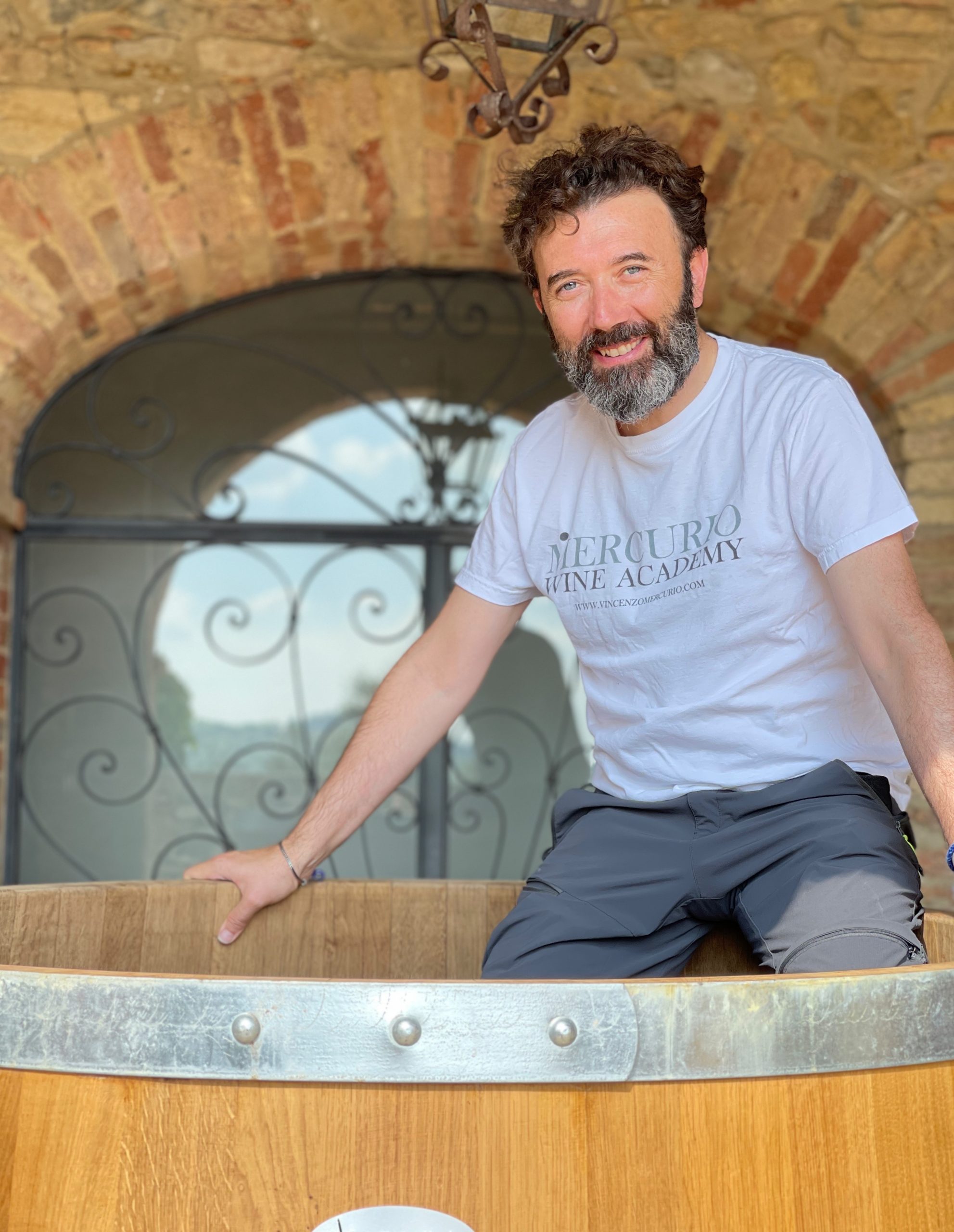
© Vincenzo Mercurio Enologo
How does your work adapt in view of times when the climate, both in summer and in winter, will increasingly (and not positively) affect the work of agricultural entrepreneurs?
The climate is changing with an increasing speed and above all the frequency of extreme events is increasing: tornadoes, violent storms, frosts, gusts of wind, hailstorms, drought, excessive radiation. The vineyard management techniques, and the oenological practices in the cellar are consequently adapting to be able to face this difficult challenge, but for extreme events there is little to do.
For the rest, the only way out is to understand the enormous extent of the problem, to do our part to reduce it, to sensitize our most skeptical and ignorant colleagues (in the sense that they ignore the problem).


